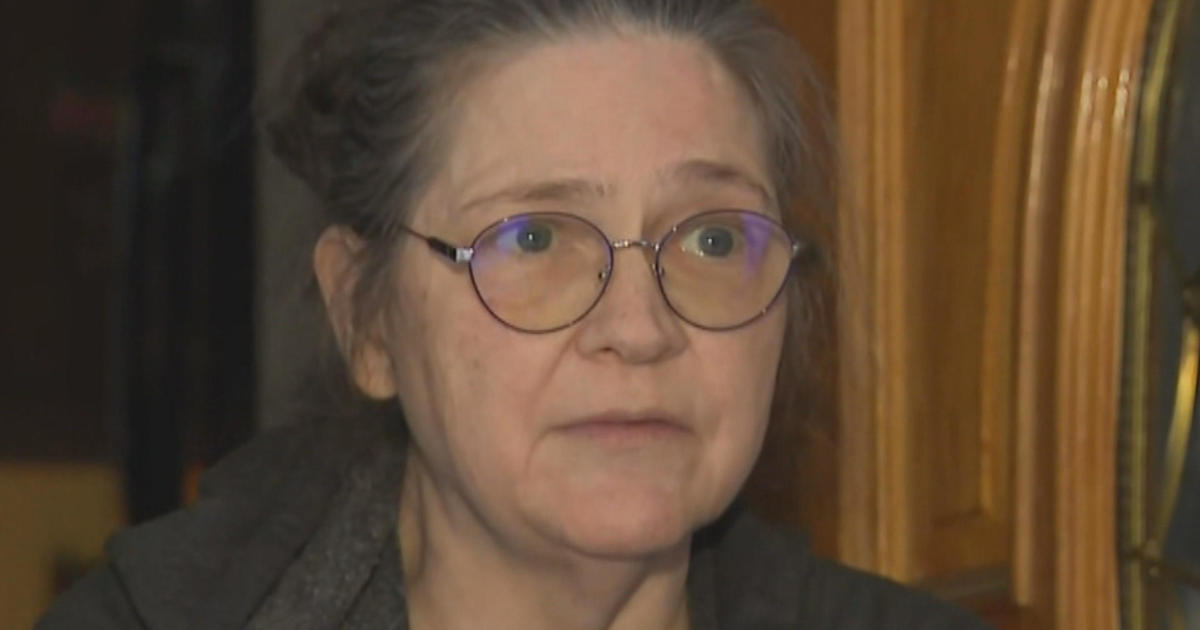Healthy Diet Is Key To Decreasing Breast Cancer Risk
By Alexa Pozniak - Beth Israel Deaconess Medical Center correspondent
The key to decreasing a woman's risk of breast cancer may lie in her diet.
Eating foods packed with powerful nutrients has been shown to lower a female's risk of developing the disease by up to thirty-eight percent. Experts encourage women to pile their plate with fruits and vegetables, which are rich in phytochemicals and antioxidants, properties thought to fight off cancer cells.
"Make it very colorful with reds, greens, and yellows," says Patt Samour, Director of Nutrition at Beth Israel Deaconess Medical Center.
The American Cancer Society recommends consuming at least two and a half cups of fruits and vegetables each day. Among the most beneficial are berries, tomatoes, red grapes, and dark leafy green vegetables like spinach, kale, and cabbage. Whole grains, which are high in complex carbohydrates, fiber, vitamins, and minerals, are also extremely beneficial. Studies have shown that breast cancer is less common in countries where a plant-based diet is the norm.
When it comes to soy, though, the data is mixed; there are a growing number of critics who believe soy can actually cause breast cancer. "I would say, eat it in moderation," says Samour. "However, I would not recommend that women take soy supplements."
Data has shown that maintaining a healthy weight also lowers a woman's risk of developing the disease. In females who are overweight, the extra fat cells make estrogen that can cause extra breast cell growth, which increases the risk of breast cancer. That's why it's important to exercise, as well as avoid foods that are high in fat, sodium, and preservatives.
When it comes to breast cancer survivors, healthy choices are just as important, if not more so. A new study shows that women who are overweight or obese when they're diagnosed with breast cancer are more likely to relapse after treatment.
"Sometimes survivors think they are out of the woods because the breast cancer has gone away," says Samour. "But in reality, it's very important for them to pay attention to their diet because of the risk of recurrence."
Samour encourages women not to wait until they develop the disease to take action.
"In general, people are not aware of the link between food and cancer," she says. "Food is everywhere, it's a social part of our culture. But we need to be proactive and make healthy choices in order to live a healthy life."
The Department of Nutrition at BIDMC consists of fifteen dietitians and offers a nutrition clinic in the Oncology Department. Appointments are also available on a one-on-one basis to all patients. For more information, please call 617-667-2565.
Above content provided by Beth Israel Deaconess Medical Center. For advice about your medical care, consult your doctor.



